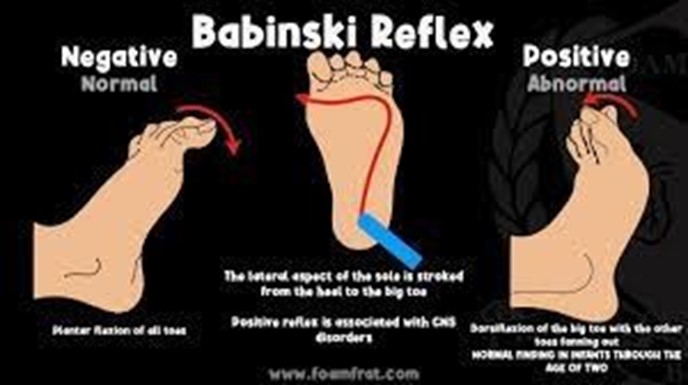The nurse enters the room and notices that the room feels cold. The mother says, "He has been crying and kicking and now he seems very tired.”. What is the nurse's priority concern?
Metabolic alkalosis.
Metabolic acidosis.
The infant is hungry.
The infant is overstimulated.
The Correct Answer is B
A. This condition typically results from excessive loss of acid, often due to vomiting or diuretics. It is not the most likely concern in a cold environment with an infant who has been crying and kicking.
B. A cold environment can lead to nonshivering thermogenesis in newborns, where they metabolize brown fat to generate heat. This process can lead to increased lactic acid production, potentially causing metabolic acidosis. The infant's fatigue following crying and kicking may indicate that the body has expended significant energy to stay warm, making metabolic acidosis a priority concern.
C. While hunger could be a reason for crying, it is not the priority concern in this scenario where environmental cold and fatigue are present.
D. Overstimulation might cause crying, but the environmental cold and subsequent risk of metabolic acidosis are more critical concerns in this context.
Nursing Test Bank
Naxlex Comprehensive Predictor Exams
Related Questions
Correct Answer is ["A","C","D","F"]
Explanation
Choice A rationale:
The newborn reflex called "rooting”. is characterized by turning the head and opening the mouth when the cheek or mouth area is touched. This reflex helps the newborn find the mother's breast for feeding.
Choice B rationale:
"Stepping”. is a newborn reflex where they make stepping movements when held upright with their feet touching a solid surface. This reflex is present at birth but tends to disappear after a few weeks.
Choice C rationale:
The "Moro”. reflex is also known as the startle reflex. It is elicited by a sudden loss of support or loud noise, causing the newborn to throw their arms and legs out and then bring them back in. This reflex usually disappears around 3 to 4 months of age.
Choice D rationale:

The "Babinski”. reflex is characterized by the extension of the big toe and fanning of the other toes when the sole of the foot is stroked. This reflex is present in newborns and should disappear by around 12 months of age.
Choice E rationale:
"Running”. is not a recognized newborn reflex. There is no reflex with this name related to newborns.
Choice F rationale:
The "gag”. reflex is present in newborns and helps protect the airway by causing a gagging response when the back of the throat is stimulated.
Correct Answer is C
Explanation
Choice A rationale:
The liver's job related to bilirubin is not changing conjugated bilirubin to unconjugated. Conjugated bilirubin is the water-soluble form of bilirubin that is excreted in bile and urine. Unconjugated bilirubin, on the other hand, is the fat-soluble form, which is transported to the liver and conjugated to become water-soluble. The conversion goes from unconjugated to conjugated, not the other way around.
Choice B rationale:
The liver's job related to bilirubin is not the synthesis of vitamin K. The liver is responsible for synthesizing clotting factors, including factors II (prothrombin), VII, IX, and X, but not vitamin K itself. Vitamin K is obtained from dietary sources or supplements and is essential for blood clotting.
Choice C rationale:
This choice is the correct answer. The liver's primary function related to bilirubin is changing unconjugated bilirubin to conjugated bilirubin. As mentioned earlier, unconjugated bilirubin is produced from the breakdown of heme in old red blood cells, and it needs to be processed in the liver to become water-soluble and eventually excreted in bile and urine.
Choice D rationale:
The liver's job related to bilirubin does not involve the removal of meconium. Meconium is the first stool passed by a newborn, and its elimination is unrelated to the liver's function in processing bilirubin.
Whether you are a student looking to ace your exams or a practicing nurse seeking to enhance your expertise , our nursing education contents will empower you with the confidence and competence to make a difference in the lives of patients and become a respected leader in the healthcare field.
Visit Naxlex, invest in your future and unlock endless possibilities with our unparalleled nursing education contents today
Report Wrong Answer on the Current Question
Do you disagree with the answer? If yes, what is your expected answer? Explain.
Kindly be descriptive with the issue you are facing.
